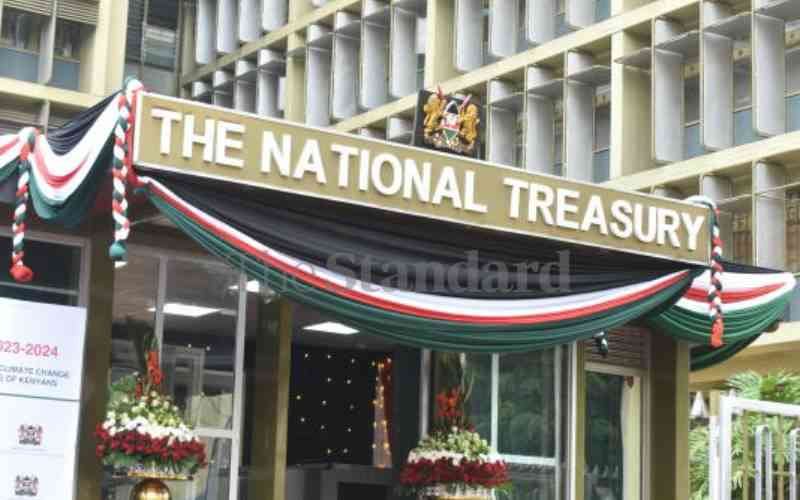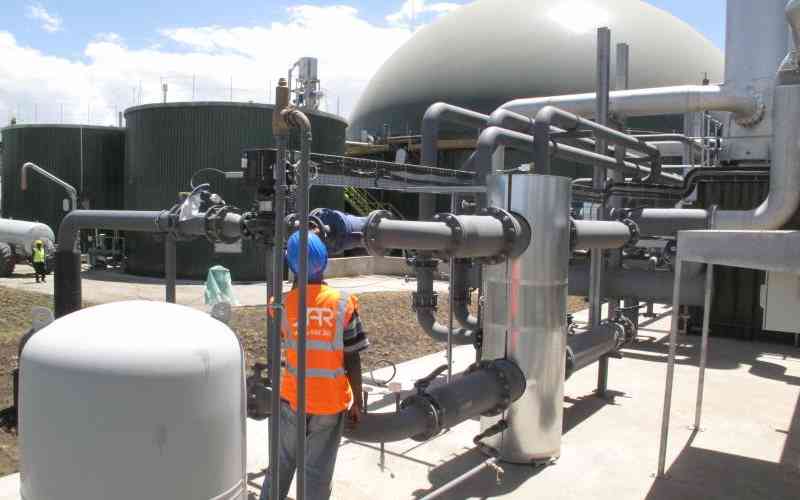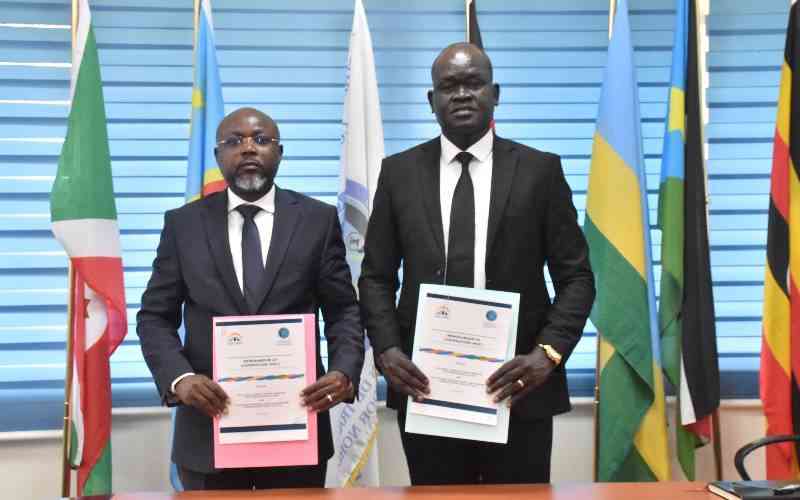×
The Standard e-Paper
Join Thousands Daily

The National Treasury used up 90 per cent of its overdraft facility at the Central Bank of Kenya (CBK) on the back of a biting cash crunch earlier this year that saw salaries for public sector workers delayed for the first time.







